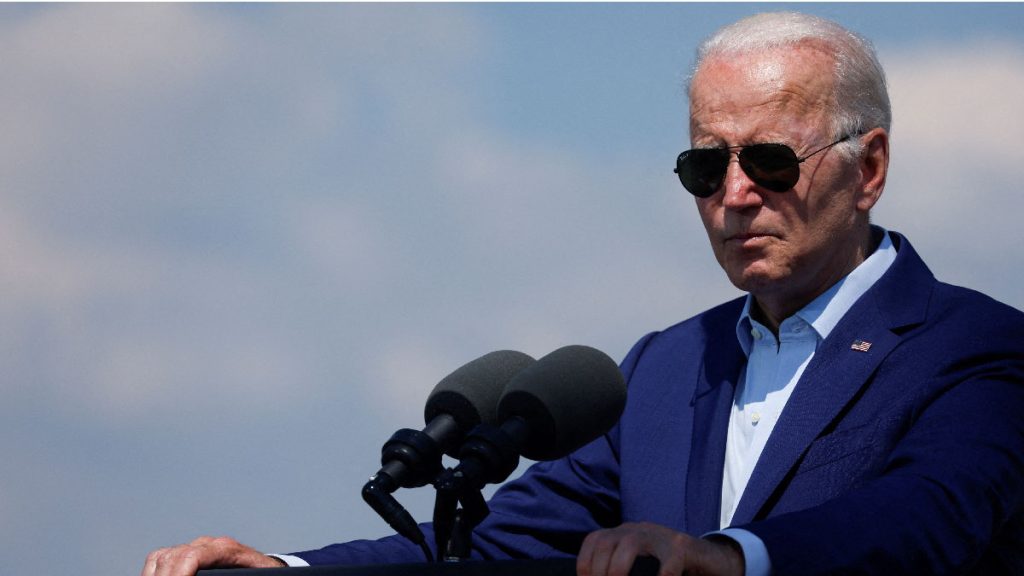
President Joe Biden met virtually on Monday with the chief executives of Lockheed Martin Corp, Medtronic PLC and Cummins Inc along with labor leaders as part of the administration’s push for legislation to boost the U.S. semiconductor industry.
“Congress must pass this bill as soon as possible,” Biden said. “There is an economic imperative…. This bill is going to supercharge efforts to make semiconductors.”
The Senate’s Democratic majority leader, Chuck Schumer, said he was delaying a procedural vote because of severe weather issues until Tuesday at 11 a.m. ET.
The bill includes about $52 billion in subsidies for U.S. semiconductor production, as well as a new, four-year 25 percent tax credit to encourage companies to build U.S. semiconductor plants. The tax credit is estimated to be worth about $24 billion. Other provisions include a $1 billion grant program for “persistently distressed communities.”
Last week, the Senate backed by 64 to 34 a procedural measure on a slimmed-down version of legislation.
Lockheed Martin CEO James Taiclet told Biden a robust supply of chips “is essential both to national security and to the health of the defense industrial base and the aerospace industry as a whole.”
The bill aims to ease a shortage that has disrupted production in industries including automobiles, consumer electronics, medical equipment and high-tech weapons.
“This is about investing in the United States,” said Commerce Secretary Gina Raimondo who took part in the event. “America has become totally reliant on China particularly for” chips used in aircraft, medical devices and industrial machines.
It is part of a broad effort across the government to push back against an ascendant China and ease supply-chain problems by decreasing U.S. companies’ reliance on foreign-made semiconductors.
Senator Bernie Sanders blasted the legislation, calling it a “blank check” to the “enormously profitable” chips industry that was getting government funds to replace U.S. factories they had closed over the last 20 years.
Biden rejected criticism that the legislation was a handout for big companies, noting Commerce would be able to claw back funds from firms that fail to honor their commitments.
In June 2021, the Senate approved a bipartisan $250 billion bill boosting spending on technology research and development. The House passed its own version in February.
WASHINGTON (Reuters)